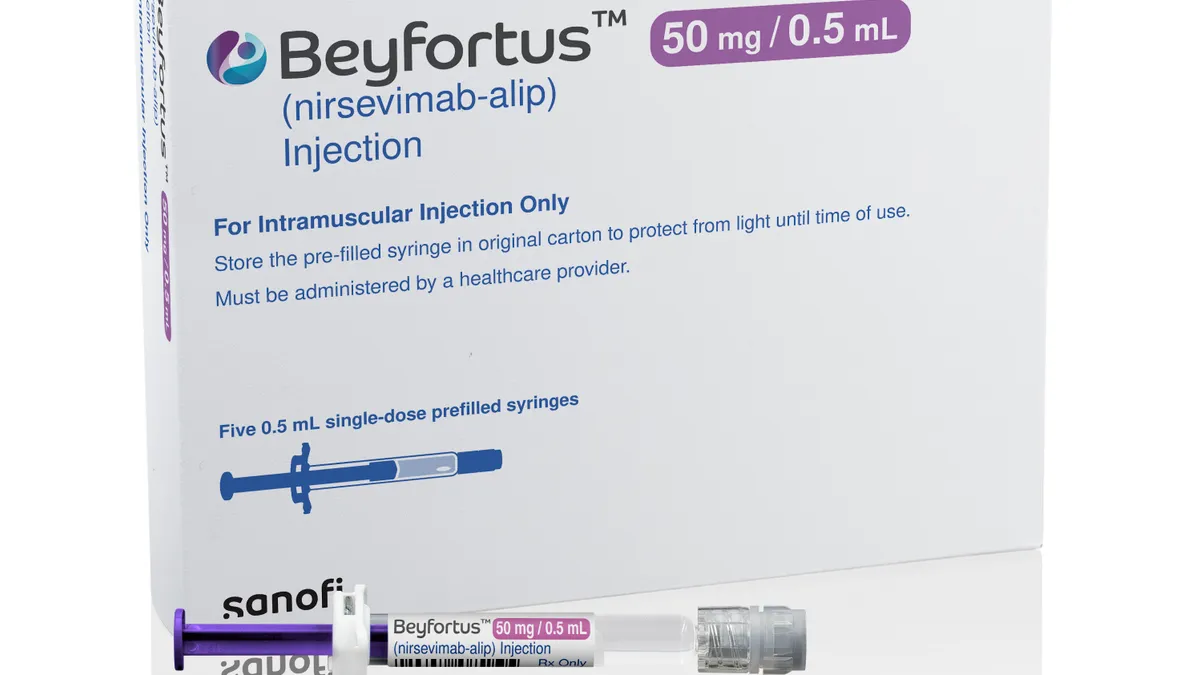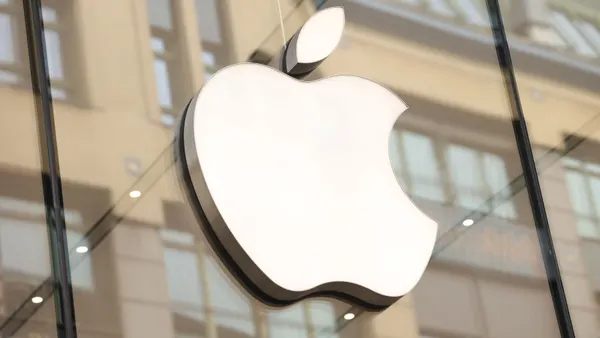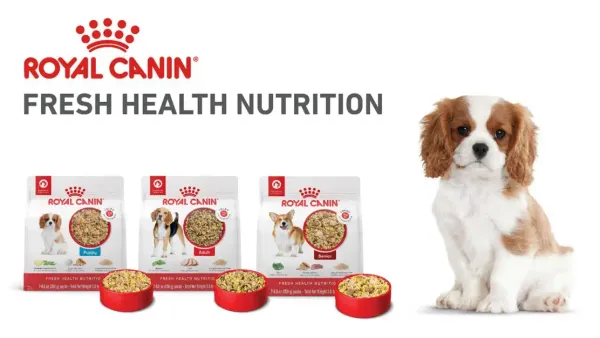Dive Brief:
- The Centers for Disease Control and Prevention on Monday asked physicians to ration doses of a newly approved antibody shot to protect newborns from respiratory syncytial virus, or RSV, due to limited supply.
- Sold by Sanofi and partner AstraZeneca as Beyfortus, the antibody won U.S. approval in July ahead of the RSV season, which typically occurs in the fall. While Sanofi had an “aggressive supply plan,” it said demand has been higher than it expected, particularly for the 100 milligram dose, which is for infants weighing at least 11 pounds.
- The CDC now recommends prioritizing 100 milligram doses for infants who are at higher risk of severe disease. The CDC is also recommending doctors prescribe another RSV antibody, Synagis, over Beyfortus in infants who are eligible for that older drug.
Dive Insight:
Beyfortus gives doctors an option to protect all infants of a certain age from RSV, a respiratory disease that affects almost every child but is typically mild in most.
Until now, the only preventive option was another drug called Synagis. But use of that treatment is limited to certain high-risk newborns.
By contrast, Beyfortus is recommended by the CDC for infants under 8 months old born during or entering their first RSV season, and in children between 8 and 19 months of age who are at an increased risk of severe disease through their second season.
RSV has been a major concern among healthcare providers as some experts have predicted another “tripledemic,” which last year saw an early surge in RSV cases overlapping with COVID-19 and influenza cases.
Ahead of this fall, Sanofi rolled out an education campaign to raise awareness about RSV and Beyfortus as a new option. GSK and Pfizer, which this year won Food and Drug Administration approval of RSV vaccines for older adults, did the same, expecting that they would need to build demand.
Sanofi’s experience with Beyfortus suggests much higher uptake than expected, at least in the pediatric setting.
“Despite an aggressive supply plan built to outperform past pediatric vaccine launches, demand for this product ... has been higher than anticipated,” Sanofi said in a statement.
Sanofi said it is working with AstraZeneca, which handles manufacturing, to add additional supply and explore expanding its production network.
The CDC is also encouraging pregnant people to receive Pfizer’s RSV vaccine Abrysvo, which was recently cleared for maternal use to protect newborns. Clinical guidance from the agency recommends the shot for pregnant people between 32 to 36 weeks gestation during September through January (thereby timing protection for when RSV transmission is at its peak.)
















